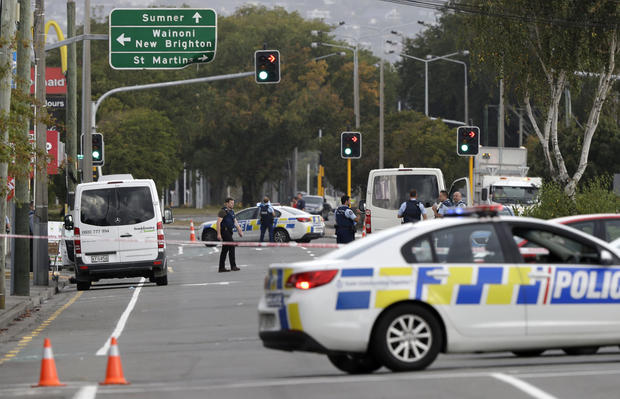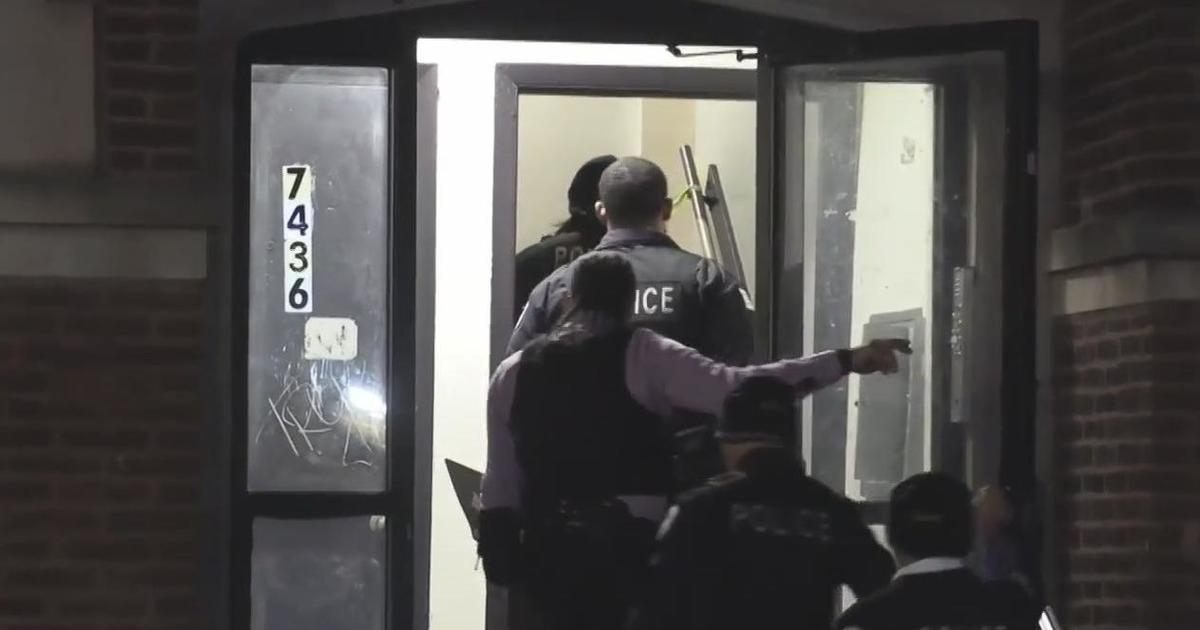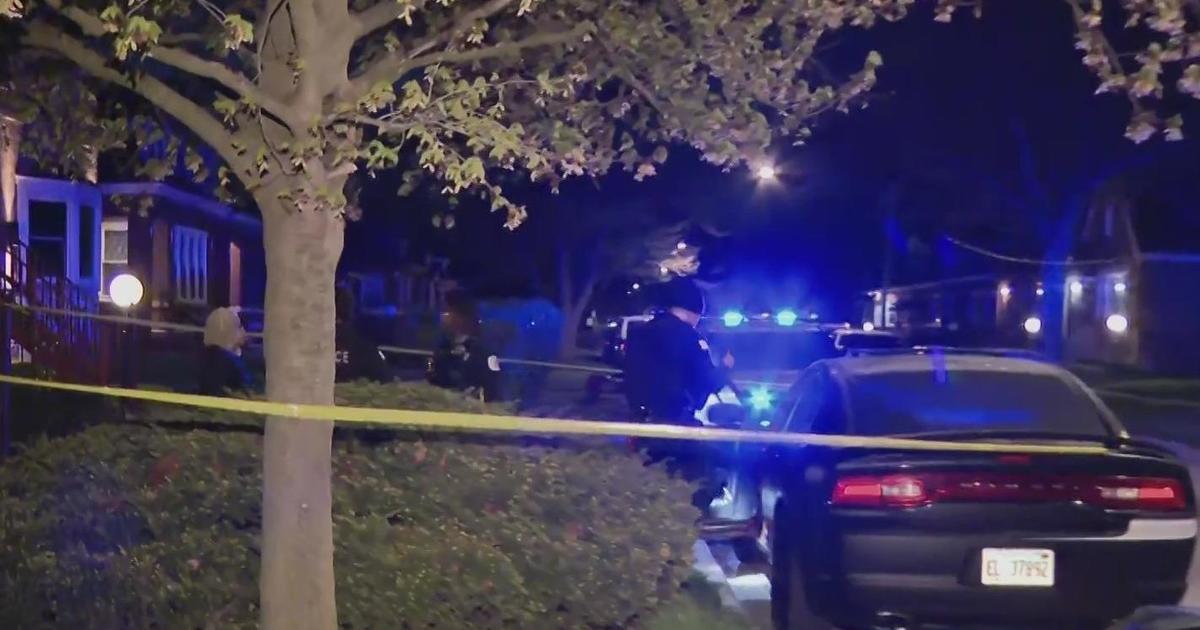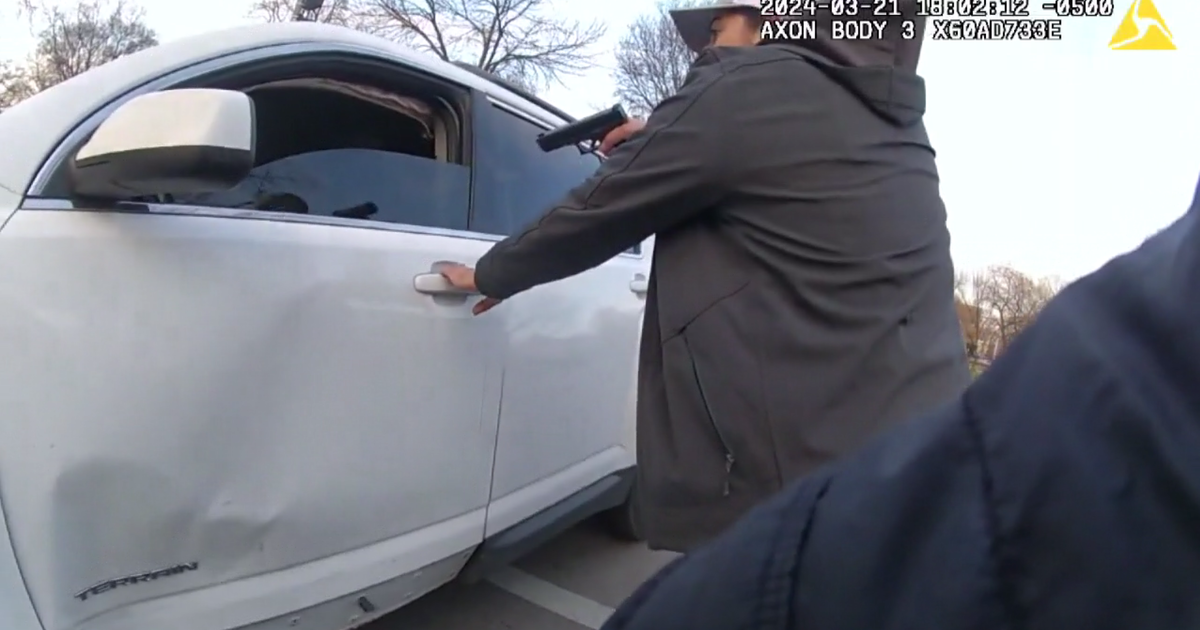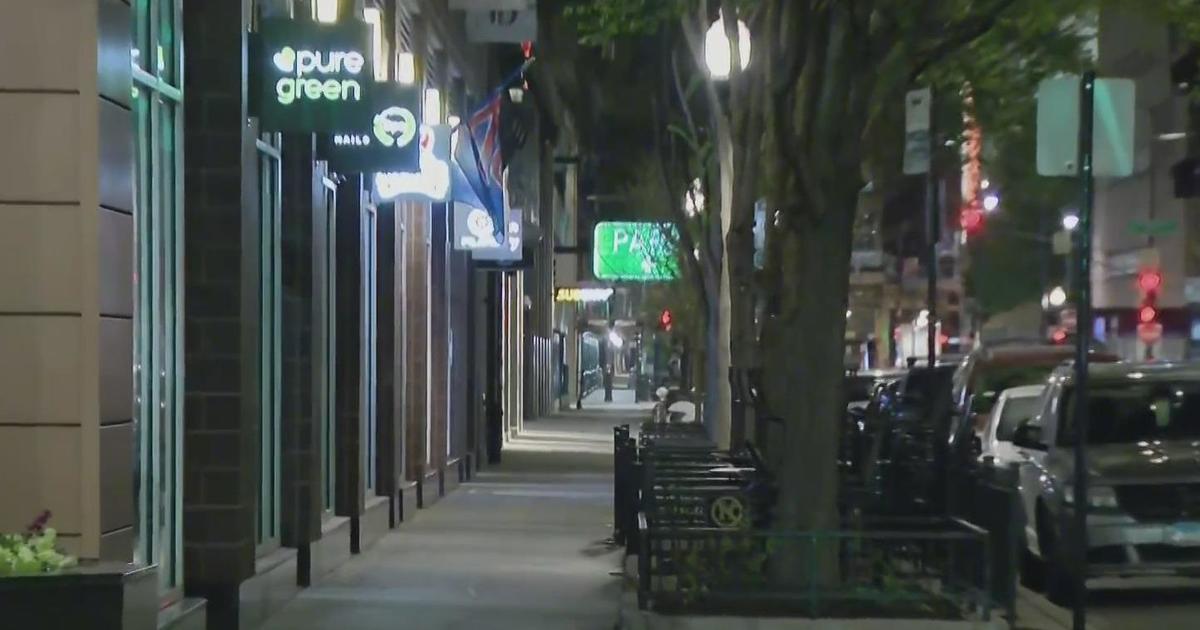Why Social Media Couldn't Stop The New Zealand Terror Attack Video From Going Viral
CHICAGO (CBS) -- The gunman in the attacks on two New Zealand mosques, which left 49 people dead, reportedly live streamed video of the shooting for nearly 17 minutes.
This is not the first time violence like this has been viewed on social media, despite efforts to prevent it.
The chilling video shows the cold-blooded killing of dozens of Muslims inside a Christchurch mosque, one of two targeted.
But hours after the attack ended and the gunman was in custody, the video continued to spread around the world as people watched and shared it on social media.
Action was not taken to remove it until New Zealand police alerted Facebook.
It's not surprising to Mana Ionescu, who owns a digital marketing agency.
"There is no fool-proof way to catch acts of violence on video or images with the technology that we have today," she said. "Can we ever make live videos safe?"
Facebook, Instagram, Twitter, YouTube and Google all use artificial intelligence combined with human monitors to try to stop videos depicting violence from being shared, but it appears none of the platforms initially caught the video that streamed live for 17 minutes.
Ionescu said that's because video and images are harder to block than words.
"The technology is just not there yet to be able to identify a gun amongst all the different kinds of guns there could be in a video and also put the context around it to say 'Oh this is a news piece, a legitimate news piece versus an act of violence,'" she said.
Adding to the challenge for social media sites, once original videos are pulled, different versions from downloaded or recorded copies start cropping up, and the never-ending cycle continues.
"Facebook could throw all of their resources at it. It's very hard to remove it," Ionescu said. "It's going to come down to us individuals saying, 'No it is not OK. Stop sharing it. Stop watching it. Stop searching for it.'"
According to Facebook teams have been working around the clock since the attacks to respond to reports and block content.
The spokesperson for Google, which owns YouTube, said they have removed thousands of videos related to the incident.
All platforms encourage reporting such videos.
